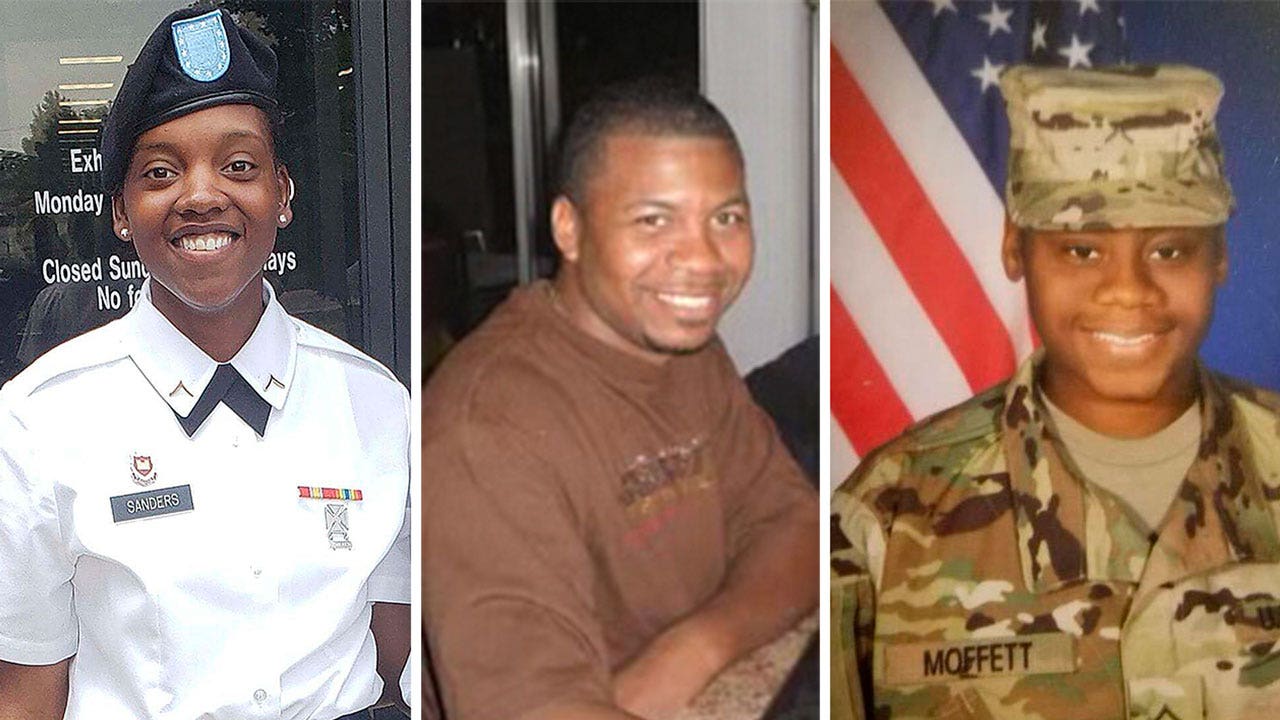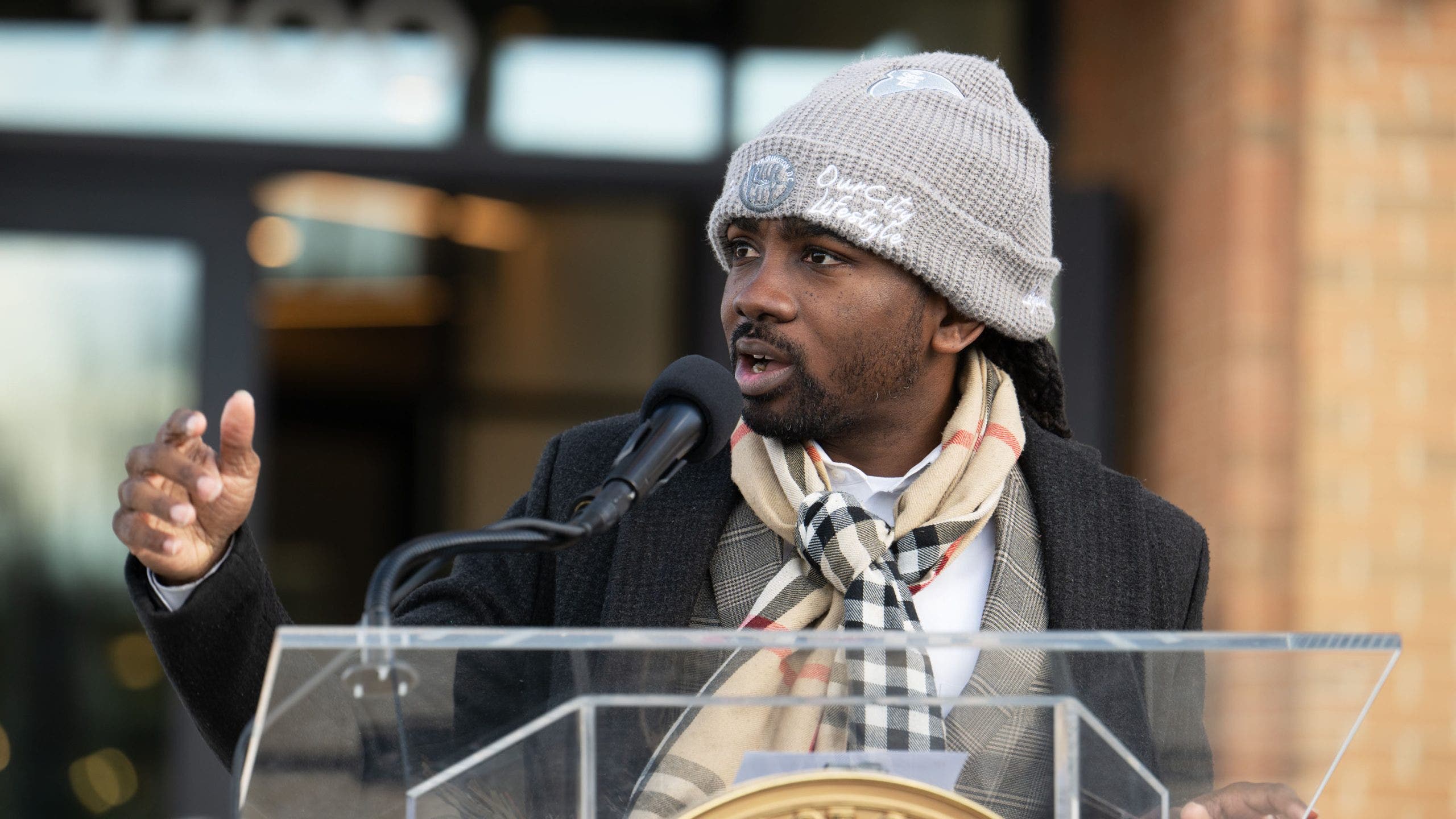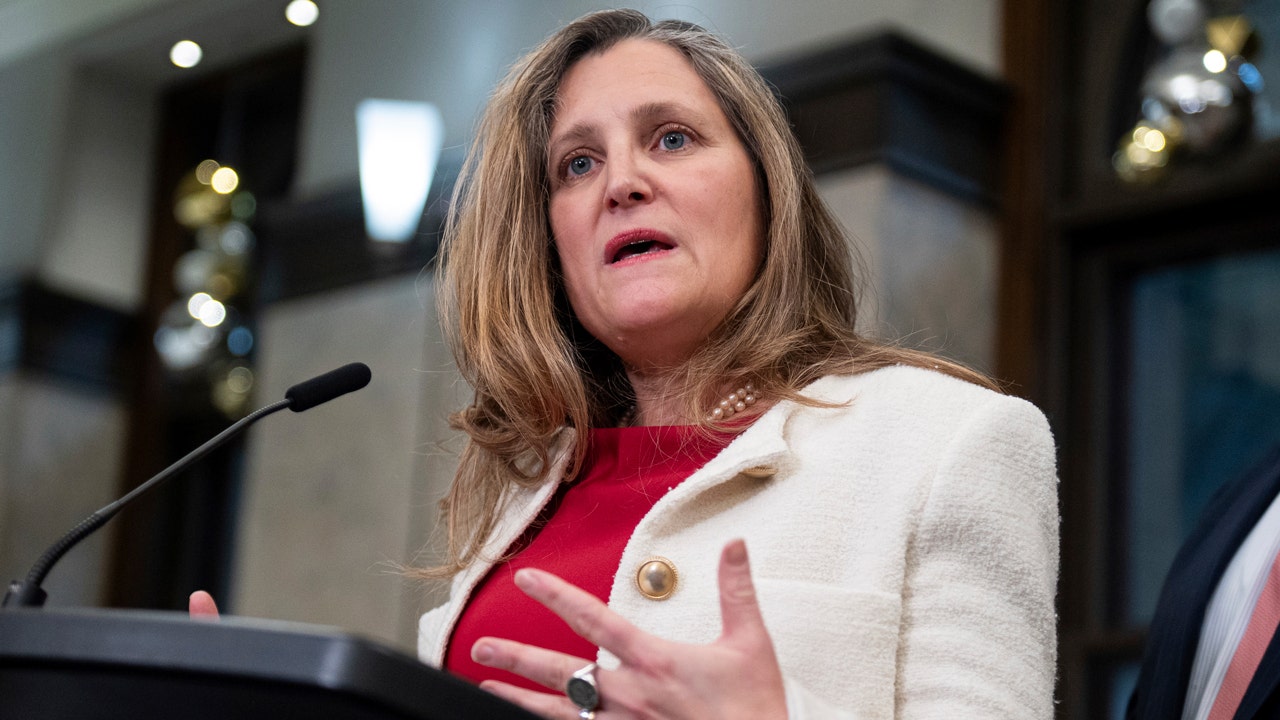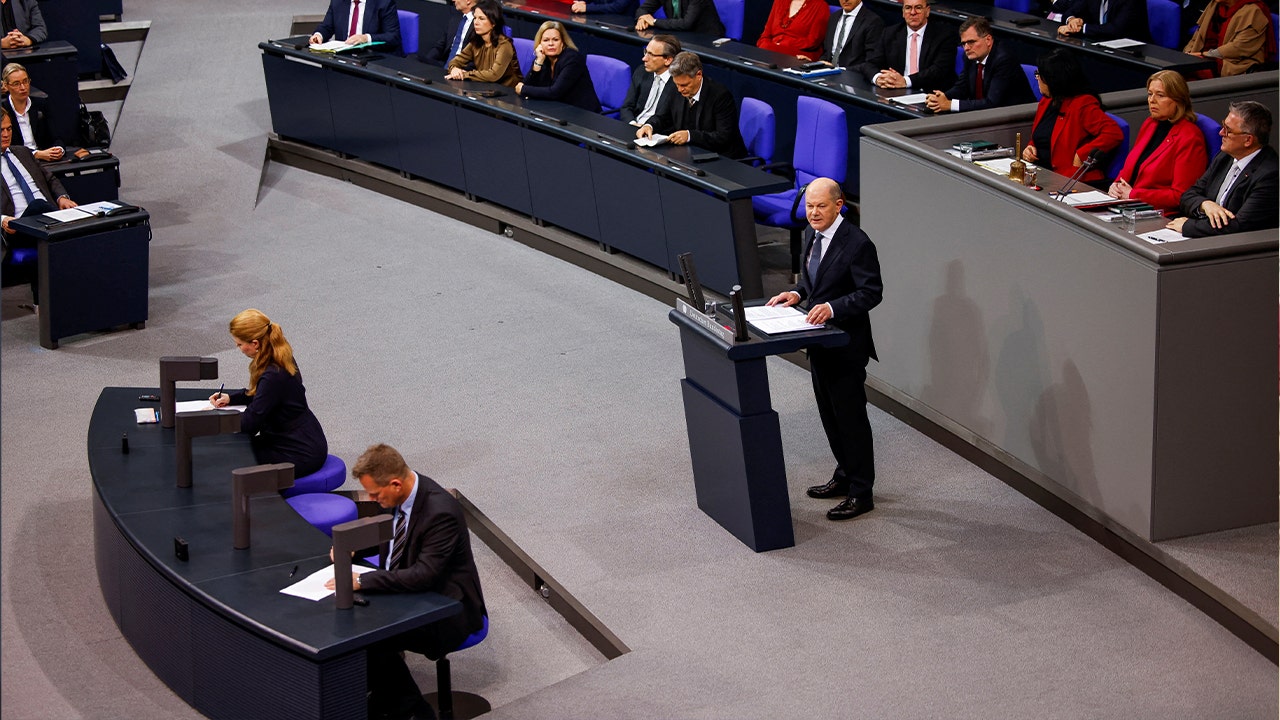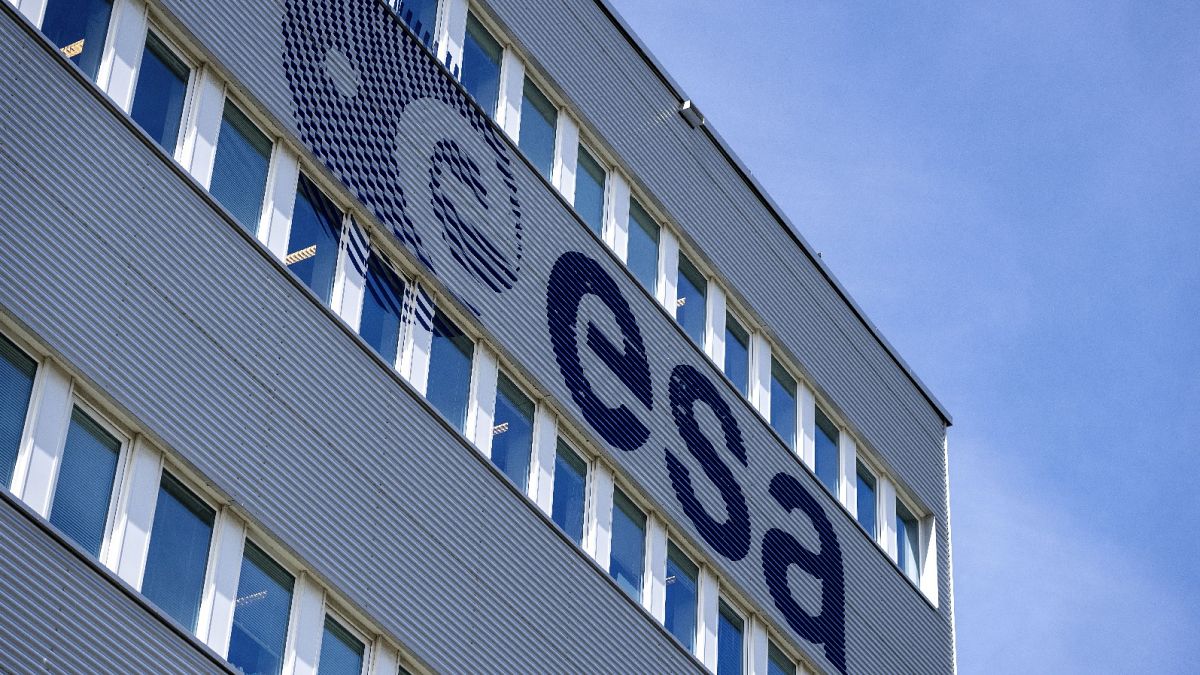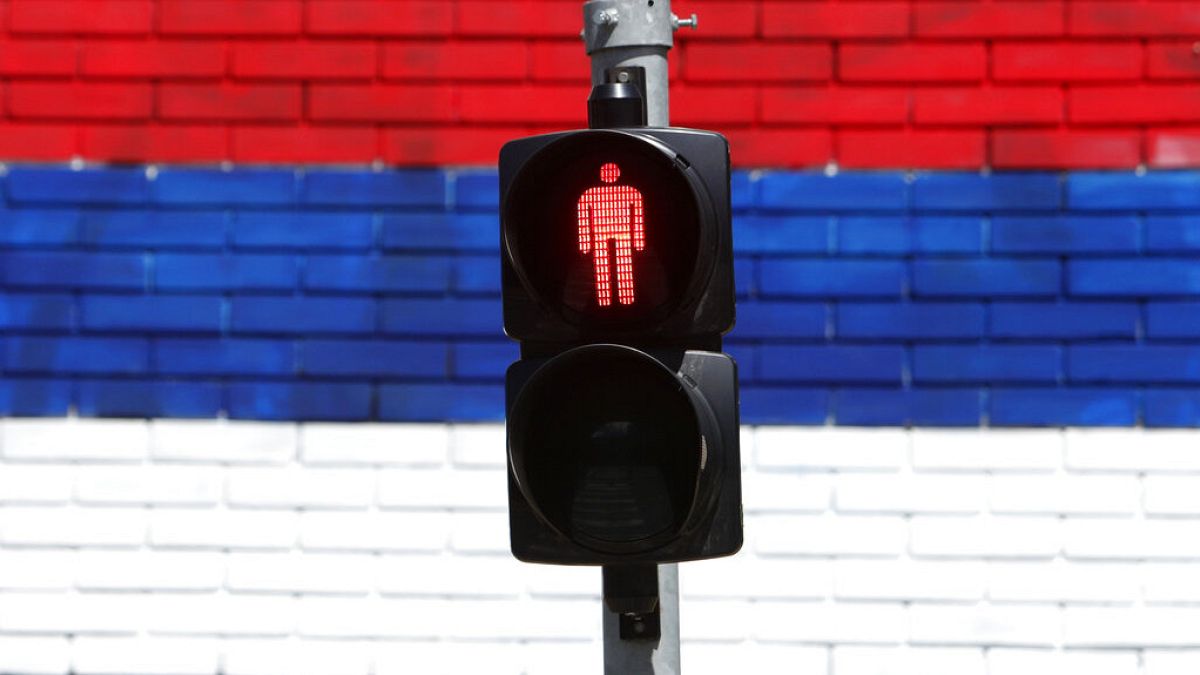President-elect Trump on Monday described the recent fall of the Bashar al-Assad regime as an “unfriendly takeover” orchestrated by Turkey.
“I think Turkey is very smart,” he said from a press conference at his Florida residence. “Turkey did an unfriendly takeover, without a lot of lives being lost. I can say that Assad was a butcher, what he did to children.”
Assad fled to Russia just over a week ago after the al Qaeda-derived organization dubbed Hay’at Tahrir al-Sham (HTS) rapidly took over western Syria in an offensive that began on Nov. 27, first taking Aleppo, Hama and Homsc, before seizing the capital city of Damascus.
ASSAD PAINTS HIMSELF AS ‘CUSTODIAN’ TO SYRIA AS PICTURE UNFOLDS ON COLLAPSE OF DAMASCUS
The future of Syria, for both its government and its people, remains unclear as the HTS organization, deemed a terrorist network by the U.S. but which has the backing of the Turkey-supported Syrian National Army (SNA), looks to hold on to power.
The fall of the Assad regime has meant an end to the nearly 14-year civil war that plagued the nation, though the threat against the U.S.- backed Kurdish-led Syrian Democratic Forces (SDF) is not over as Turkey continues to view it as one of its chief regional adversaries.
The SDF have assisted the U.S. in its fight against ISIS for more than a decade, but Turkey, which shares a border with Syria, has long viewed the group as being affiliated with the extremist Kurdistan Workers’ Party (PKK), and which, through the SNA, has clashed with the Kurdish-led forces.
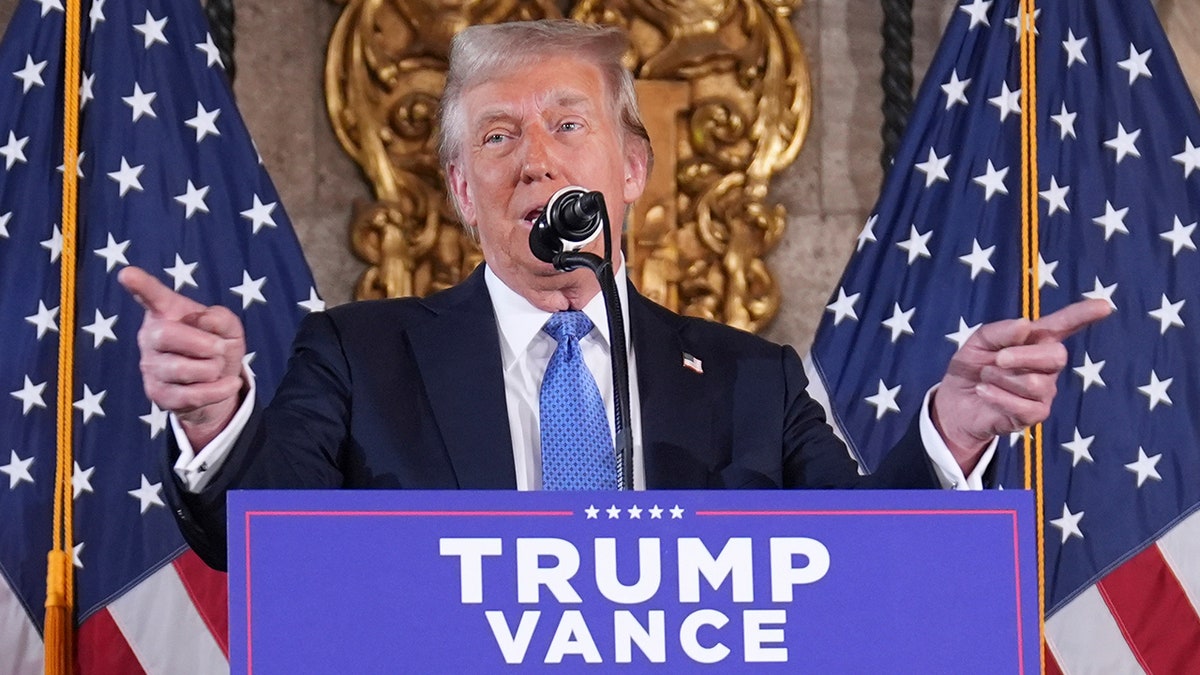
It remains unclear how the Kurds will fair under a potential HTS regime, but Western security experts are increasingly concerned that Turkey could have an outsized amount of influence on the neighboring nation.
“The fall of Assad greatly amplified Turkey’s influence in Syria, giving unprecedented influence to his partners and proxies. If the United States wants to ensure that Syria has the best chance to become a reasonably free and stable country, it needs to keep a very close eye on [Turkish President Recep] Erdogan,” David Adesnik, vice president for research at the Foundation for Defense of Democracies, told Fox News Digital.
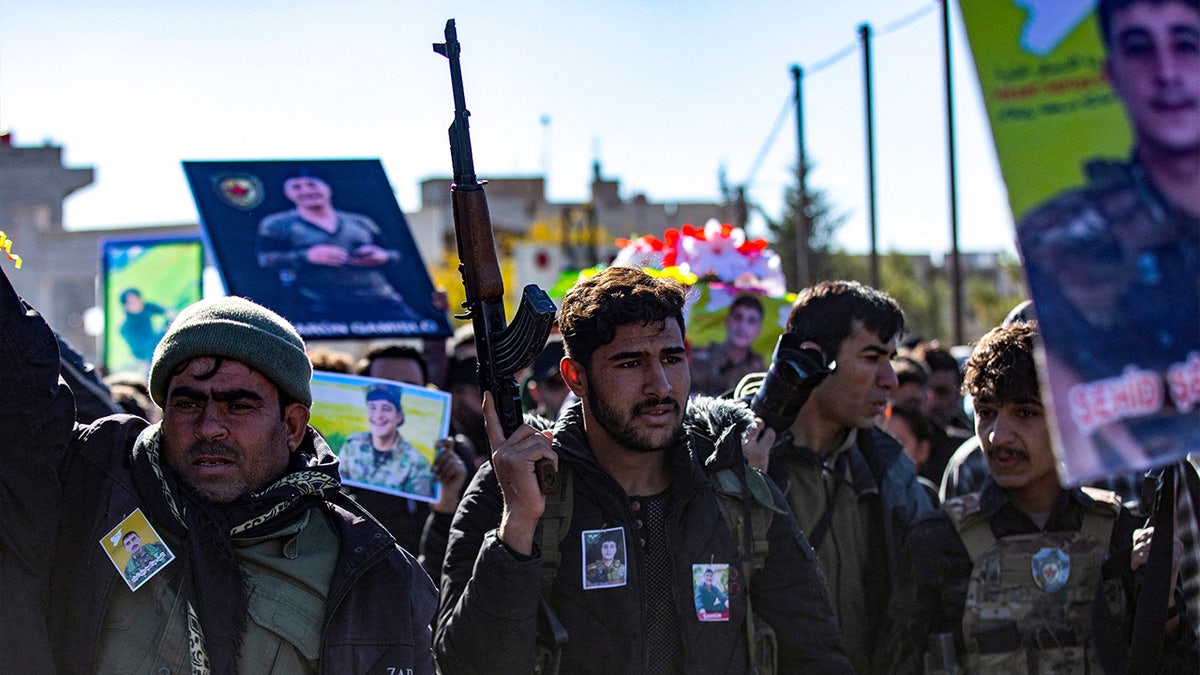
TURKEY HITS US-ALLIED KURDS IN SYRIA, IRAQ FOLLOWING TERRORIST ATTACK ON DEFENSE GROUP
Last week, the U.S. brokered a cease-fire agreement between the SDF and the SNA over the northeastern city of Manbij, where SDF coalition forces agreed to withdraw from the area after resisting attacks since Nov. 27, according to a Reuters report.
But sources told Fox News Digital on Monday that negotiations relating to the cease-fire had collapsed and that the SNA had begun building up military forces west of the Kurdish town of Kobani – roughly 35 miles east of Manbij – in an apparent threat to resume combat operations.
The terms of the cease-fire remain unclear, and neither the White House nor the State Department responded to Fox News Digital’s questions.
According to a statement released by the SDF, the mediation efforts by the U.S. failed to establish a permanent truce in Manbij-Kobani regions due to Turkey’s “evasion to accept key points,” including the safe transfer of civilians and Manbij fighters.
“Despite U.S. efforts to stop the war, Turkey and its mercenary militias have continued to escalate over the last period,” the SDF said.
A spokesperson for Turkey’s U.N. Mission did not immediately return Fox News Digital’s request for comment.
“The re-eruption of tensions around Kobani underlines the extent to which Assad’s fall has ‘opened the gates’ for Turkey and its SNA proxies in northern Syria,” Charles Lister, director of the Syria and countering terrorism and extremism programs at the Middle East Institute (MEI), told Fox News Digital. “For the first time, they’re free to act without a green light from Assad or Russia.”
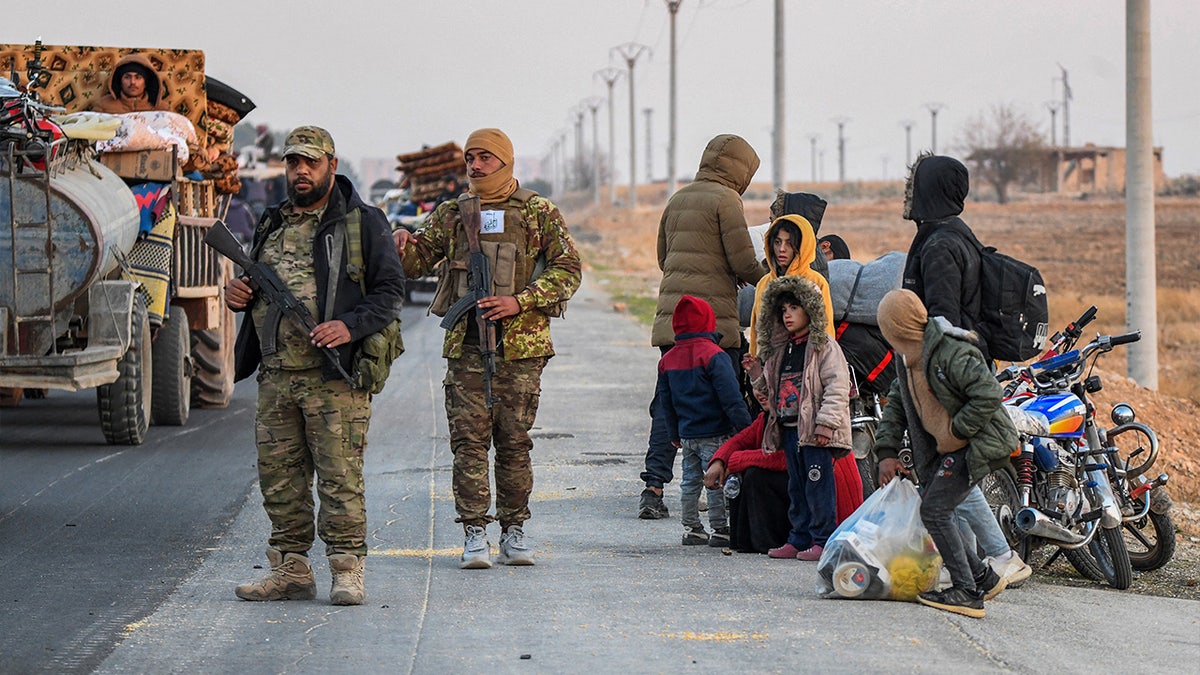
The dynamic between the SDF and SNA forces, backed by Washington and Ankara, respectively, has long proved difficult to maneuver given that both the U.S. and Turkey are allies in NATO.
“After the loss of Tel Rifat and Manbij in recent weeks, the only possible obstacle to further SDF losses is the presence of U.S. troops – but Turkey’s role within NATO has always limited U.S. options,” Lister explained.
“[U.S. Central Command Gen. Michael’ Kurilla’s recent visit and the SDF’s willingness to cede Manbij spoke to the unprecedentedly isolated position the SDF currently faces,” he added in reference to a visit Kurilla made to Syria last week. “If the SDF is going to survive these challenges, it’s going to need to be extremely flexible, willing to concede on major issues, and rely heavily on U.S. diplomacy with Turkey.”

:focal(1004x365:1006x363)/origin-imgresizer.eurosport.com/2024/09/25/4044528-82028208-2560-1440.jpg)

